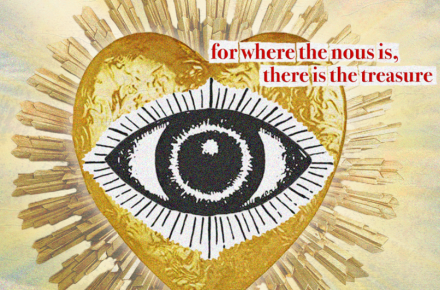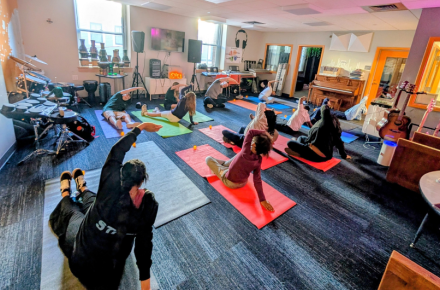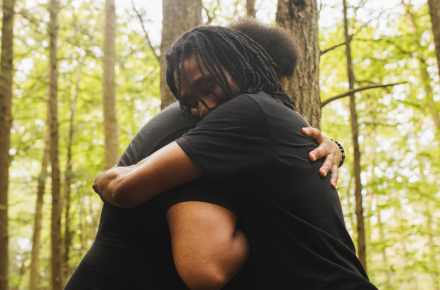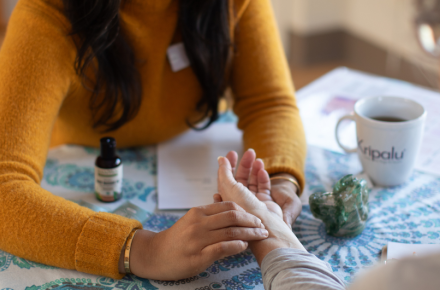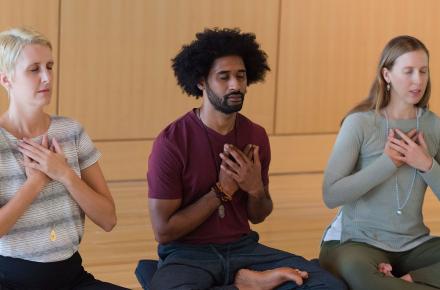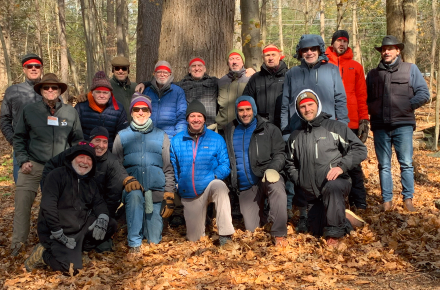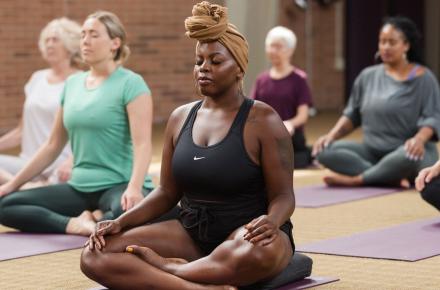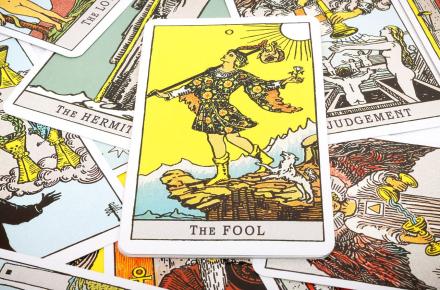The Difference Between True and False Fear

All fear is helpful, but in different ways. In my book The Fear Cure, I distinguish between true fear and false fear. True fear is the legitimate, survival-based fear of falling off a cliff or getting chased by a tiger. These fears are meant to activate the fight-or-flight response of the sympathetic nervous system, filling your body with stress hormones so you can do what you need to in order to survive. False fears are the ruminations of the mind, the imagined potential fears in the future, like fear of running out of money or your partner cheating on you or your friends turning on you or getting passed over for the promotion.
True fears are a blessing, because people born without the ability to feel fear don’t survive very long. But false fears tend to plague people, manifesting as anxiety, obsessive thinking, and the “monkey mind” that torments meditators. The problem is that people are either in denial of their false fear, or they write it off as the more socially acceptable “stress,” which can be worn like a badge of honor: I’m busy and stressed, therefore I’m productive and valuable and deserve to exist. It’s almost like people view fear or anxiety as a weakness and feel ashamed to admit how scared they are. But fear is not the enemy, and it’s certainly not shame-worthy.
The problem with turning away from our fear instead of leaning into it is that the body can’t tell the difference between true fear and false fear. As a result, any untended fearful or anxious thought triggers a threat response in the nervous system, which lights up the amygdala and activates a whole cascade of hormones, preparing you to fight or flee the danger. These stress hormones, including cortisol, epinephrine, and norepinephrine, weaken the body’s natural self-healing mechanisms and predispose you to disease, including cancer, autoimmune diseases, infectious diseases, and chronic pain, but especially the number-one killer: heart disease.
We’re supposed to have stress responses only when a real threat to our survival is present, but the average American experiences more than 50 stress responses per day, and that has an impact on us emotionally, mentally, spiritually, and energetically. When we’re locked into the vibration of fear, we skid out of the natural flow states that can activate creativity, life purpose, intimacy, financial ease, and states of spiritual awakening, insight, divine connection, and healing.
Of course, the parts of you that are raising the alarm bells all the time don’t know how much inadvertent harm they’re causing. They think they’re helping you! False fears are like traumatized inner children that are trying to keep us out of danger so they can feel safe. They’re stuck in the past when their intense reactions were necessary for survival, so they don’t realize that their chronic stressing causes serious problems. But the wise self can see what’s really happening—the impact that chronic repetitive stress responses have not only on the physical body, but on mental and emotional health, the health of your relationships, your capacity to find and fulfill your true calling, and your spiritual development.
Fortunately, we can learn to guide our inner children with our mature, spiritually attuned adult selves. The inner children don’t have to get demonized or exiled. They’re allowed to stick around. But when they know that a grownup is at the wheel and can make good choices to keep them safe, they can stop incessantly chattering to get your attention and instead help you get back in touch with your natural playfulness and glee.
Find out about programs with Lissa Rankin at Kripalu.
Lissa Rankin, MD, is a mind-body medicine physician, New York Times best-selling author, speaker, artist, and blogger.









